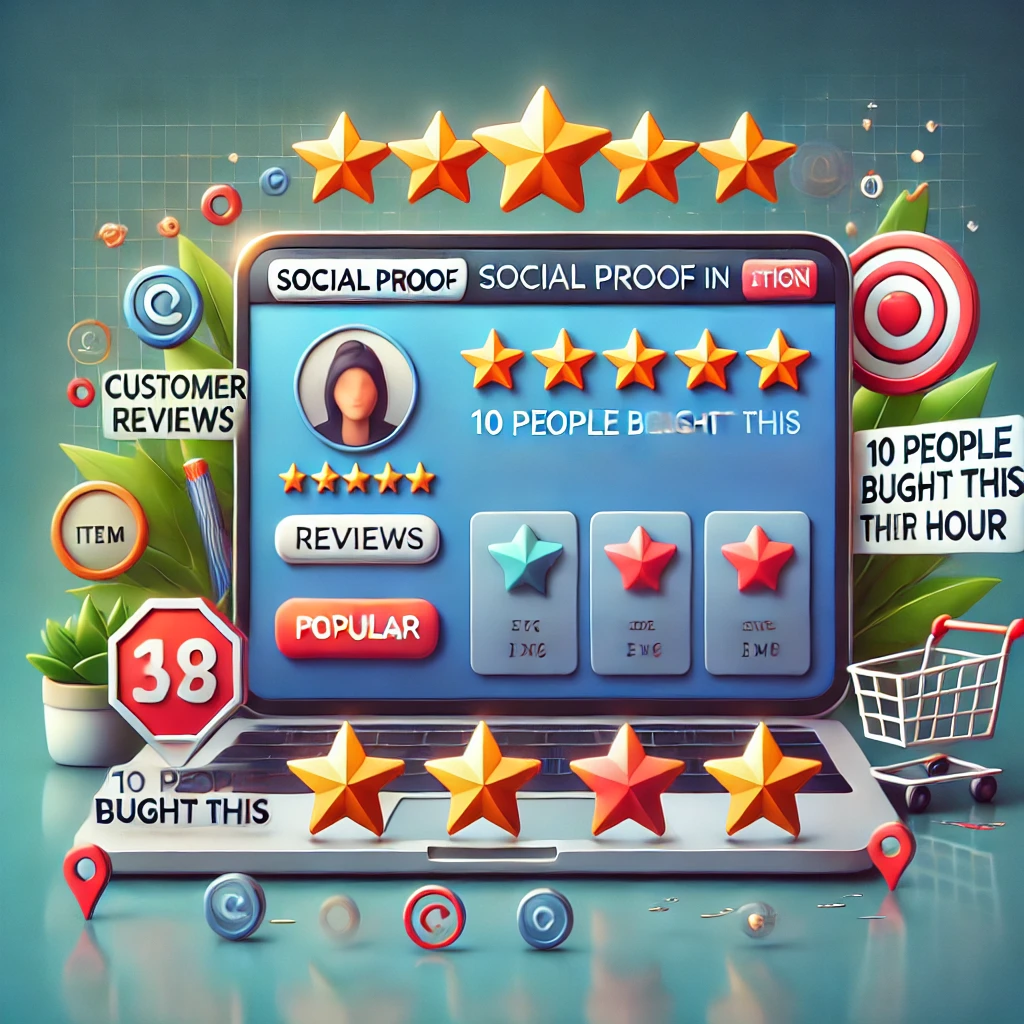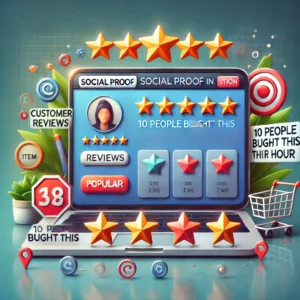TLDR
Social proof is the psychological concept where people look to others’ actions and decisions to determine their own. It helps businesses build trust, credibility, and influence. This blog will cover its importance, examples, and how to effectively use it for marketing, sales, and branding.
Highlights
- What social proof means
- Types of social proof with real-world examples
- Benefits of using social proof in business
- Ways to incorporate social proof into strategies
- Mistakes to avoid
- FAQs on social proof
What is Social Proof?
Social proof is the idea that people tend to follow the actions of others, assuming those actions reflect the correct behavior. This concept, rooted in psychology, is heavily used in marketing and sales to create trust and influence decisions. When someone sees that others have approved or endorsed a product, they are more likely to consider it credible.
For example, if you see a restaurant packed with diners while another one nearby is empty, you might assume the busy one offers better food or service. The influence comes from the perceived approval of others, even if you lack firsthand experience.
Why is Social Proof Important?
Social proof builds trust and reduces uncertainty. Customers often hesitate to try a product or service they are unfamiliar with. By showcasing reviews, endorsements, or case studies, businesses address these doubts, encouraging potential customers to take action.
Additionally, the digital landscape has amplified the need for trust. With endless options and widespread misinformation, people rely on the experiences and recommendations of others more than ever.
Types of Social Proof
Understanding the different forms of social proof helps businesses use it effectively. Below are common types with examples:
1. Customer Testimonials
Testimonials highlight positive experiences from satisfied customers. These can be displayed as quotes, videos, or written reviews on a website. For instance, e-commerce platforms often feature customer reviews to build trust.
2. Expert Endorsements
Endorsements from professionals or influencers in a specific field add credibility. For example, a fitness app promoted by a personal trainer carries more weight because of their expertise.
3. Social Media Shares and Mentions
When people share a product or service on social media, it signals popularity. Seeing friends or influencers using a product increases its appeal.
4. Certifications and Awards
Awards and certifications show that a brand has been recognized by reputable organizations. For instance, a product labeled as “FDA Approved” or “Award-Winning” immediately gains credibility.
5. Number of Users
Displaying user statistics like “1 million satisfied customers” creates trust. This type of proof works well for apps, software, or subscription services.
6. User-Generated Content
Photos, videos, or reviews shared by actual customers build authenticity. Travel companies often encourage users to post vacation photos featuring their services.
7. Influencer Collaborations
Partnering with influencers helps businesses connect with specific audiences. Influencers’ endorsements are perceived as genuine, leading to higher trust levels.
How to Use Social Proof in Marketing?
Incorporating social proof into a strategy requires careful planning. Below are some actionable ways to include it effectively:
Display Reviews and Ratings Prominently
Showcase reviews on product pages, landing pages, or checkout screens. Use platforms like Google Reviews, Trustpilot, or Yelp to collect and display ratings.
Add Case Studies or Success Stories
Case studies show real-world examples of how your product or service solved a problem. They are especially useful for B2B companies looking to build trust with potential clients.
Encourage User-Generated Content
Ask customers to share their experiences on social media. Offering incentives, such as discounts or giveaways, motivates users to participate. Tagging and featuring their posts on your official accounts adds authenticity.
Leverage Influencer Partnerships
Collaborate with influencers who resonate with your target audience. Choose partners whose followers align with your niche for maximum impact.
Show Trust Signals
Include badges, certifications, or affiliations that indicate reliability. For example, e-commerce websites often display “Secure Checkout” badges to reassure customers.
Highlight Statistics and Numbers
Mention achievements like “Over 500,000 units sold” or “90% customer satisfaction rate.” Numbers help make an impact and establish credibility.
Add Real-Time Activity Notifications
Tools that display notifications such as “John from Texas just bought this item” create urgency and validate the product’s popularity.
Benefits of Social Proof
Integrating social proof into marketing and sales efforts offers numerous advantages:
- Builds Trust
People trust peer recommendations more than advertising. - Increases Conversions
Positive reviews and testimonials reduce hesitation, encouraging purchases. - Boosts Brand Credibility
Associations with influencers or experts enhance a brand’s reputation. - Drives Engagement
User-generated content creates a sense of community. - Improves SEO Rankings
Reviews often include keywords, helping your site rank higher in search engines.
Common Mistakes to Avoid
While social proof is powerful, misuse can harm credibility. Below are mistakes to watch out for:
- Using Fake Reviews
Dishonest reviews can backfire, damaging trust. - Ignoring Negative Feedback
Addressing negative reviews shows transparency and commitment to improvement. - Overloading with Proof
Too many reviews or badges can appear cluttered or insincere. - Not Updating Proof
Outdated testimonials or awards reduce relevance.
Examples of Successful Use
Example 1: Airbnb
Airbnb prominently features guest reviews and star ratings, helping travelers make informed decisions about accommodations. The platform also encourages users to leave reviews after their stay.
Example 2: Amazon
Amazon’s product pages include detailed reviews, ratings, and Q&A sections. This combination reassures buyers about product quality and reliability.
Example 3: LinkedIn
LinkedIn uses endorsements and recommendations to build credibility for professionals. Skills endorsed by colleagues validate expertise.
FAQs
What is the most effective type of social proof?
Customer testimonials and reviews tend to be the most effective, as they provide direct insight into real experiences.
How can small businesses use social proof?
Small businesses can start by collecting reviews from satisfied customers, showcasing awards, or collaborating with micro-influencers.
Is negative social proof harmful?
Yes, excessive negative feedback can deter potential customers. Addressing concerns openly, however, can help rebuild trust.
Do businesses need social proof?
While not mandatory, it significantly boosts trust and credibility, leading to higher conversions and customer loyalty.
Social proof remains an indispensable part of modern marketing. By showcasing genuine experiences and endorsements, businesses can bridge the trust gap and encourage more customers to take action.







